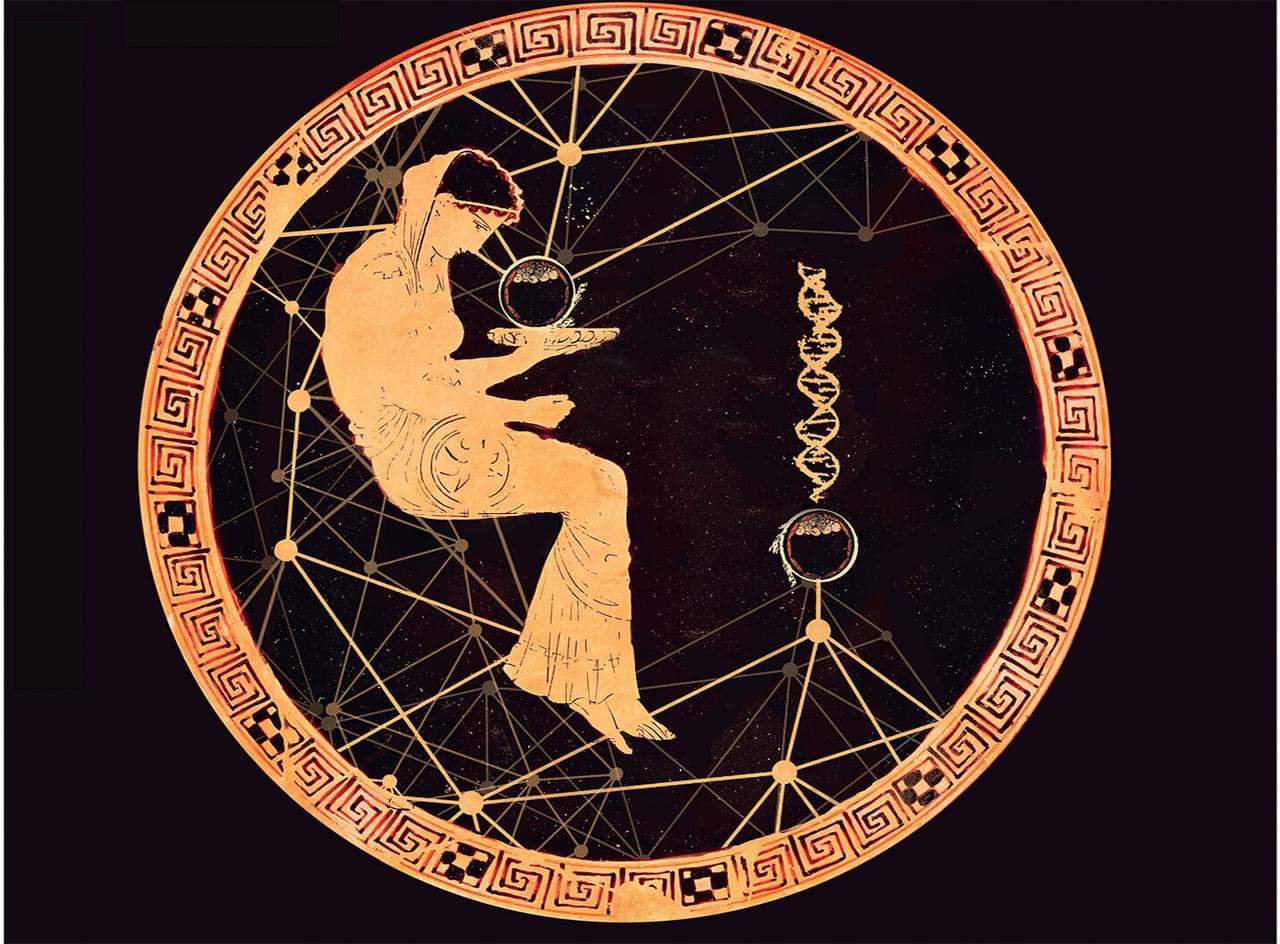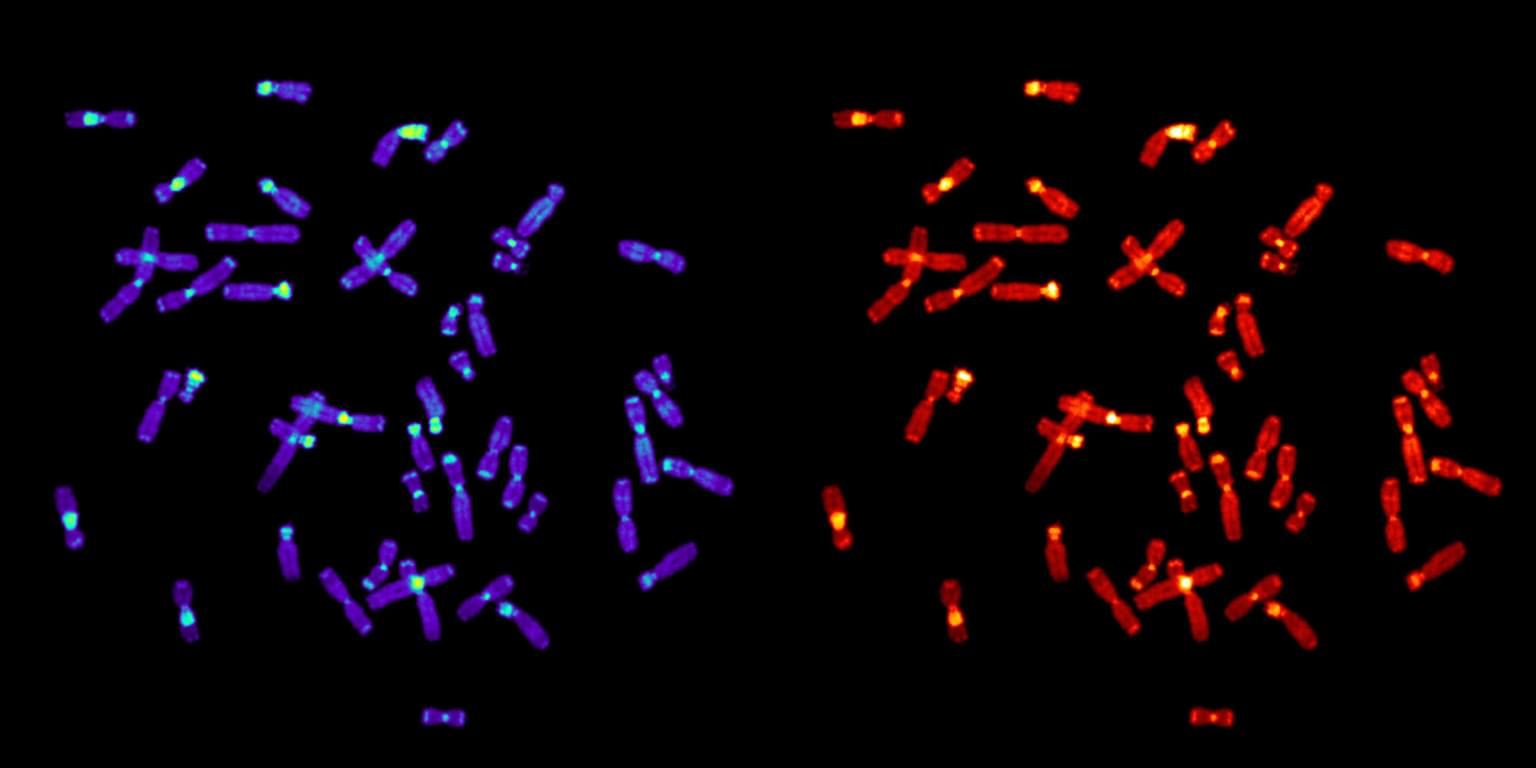News
11 April 2025
Road to Research: Q&A with Alex Garruss, Ph.D., Jim and Virginia Stowers Fellow
“There are few rewards as powerful and as elevating as making a clear, robust scientific observation that advances the field.”
Read Article
News
Q&A with Stowers Postdoc Ayantika Sen Gupta: "Explore as many science career possibilities as you can with an open mind."

What is your current research focus?
I am researching how a dividing cell distributes equal numbers of chromosomes to its daughter cells. Any imbalance in this process can result in aneuploidy – where the daughter cells have the wrong number of chromosomes – leading to disease. Centromeres are regions on chromosomes that form the platform for the assembly of the cellular machinery that helps chromosomes separate during cell division. I study how variations in different people’s centromeric DNA composition impact how their chromosomes are transmitted.
Growing up, what career did you want to pursue?
Surprisingly, I wanted to be a journalist. I had no clue about what an academic career in science looked like until I went to college.
When and how did you become interested in a career in science?
When I started undergrad, I was really drawn to the fascinating experiments in biology that we learned. When I went to grad school, I had the opportunity to mentor several undergrads, and I discovered how much I loved sharing my excitement for scientific discoveries with others. This solidified my interest in building a career in science.
What made you decide to join the Gerton Lab at the Stowers Institute?
I have been following Jennifer Gerton’s work since I was in graduate school studying ribosomal DNA and nucleolar structure as she is an expert in how sequences of repetitive DNA have important impacts. I arrived in her lab to work with ribosomal RNA but got drawn to a completely different type of sequence repetition called alpha satellite DNA present at human centromeres.
What is your favorite non-research-related memory at the Stowers Institute so far?
Our team-building events are very special. In particular, a mini golf outing that we had at the Nelson-Atkins Museum of Art and an art class are favorites of mine. Also, I have enjoyed the three years I have served on the Crossroads committee.
What is your favorite thing to do in Kansas City?
I love hanging out in Loose Park with my family and friends.
Where do you see yourself in 10 years?
Wherever I am, I will be working with young minds; teaching, mentoring, and getting them excited about biology, especially cell biology and microscopy.
What advice do you have for other people curious about a career in science?
Explore as many science career possibilities as you can with an open mind. Go to as many events and seminars as possible, whether they are academic, industry-focused, or on policymaking to familiarize yourself with all available scientific avenues. While discovering what you are best at, start building skills and tailoring your CV to reflect this. Start thinking about finances, investing, saving early, as this is something that people may ignore as they're beginning their careers.
To read more Postdoc Profiles, click here.
News
11 April 2025
“There are few rewards as powerful and as elevating as making a clear, robust scientific observation that advances the field.”
Read Article
News

09 April 2025
New study shows how we can better learn our genome’s hidden grammar, potentially paving the way for personalized medicine.
Read Article
News

09 April 2025
The multi-institutional study assembling six ape genomes provides a new appreciation for how chromosomes evolve.
Read Article
